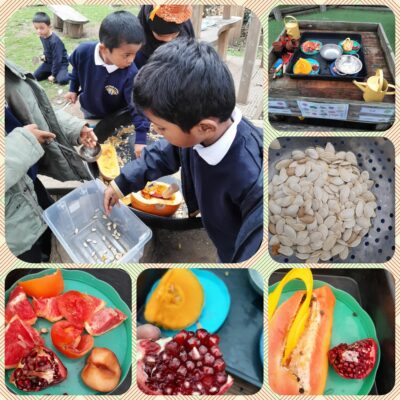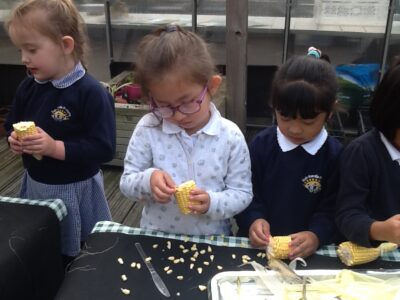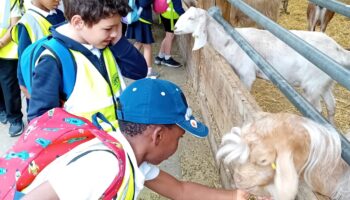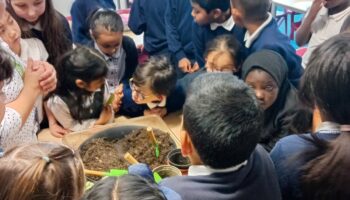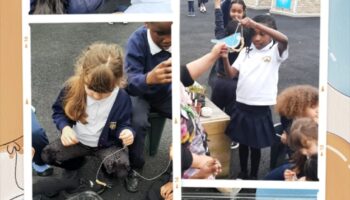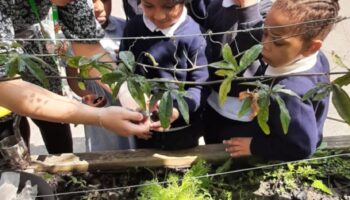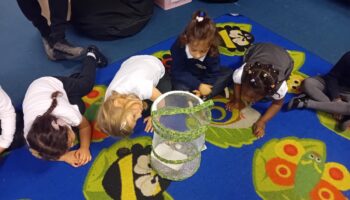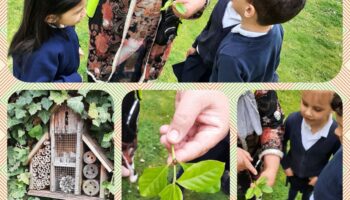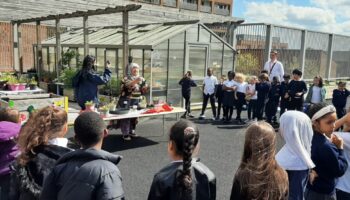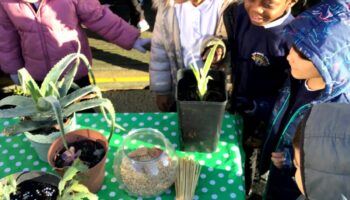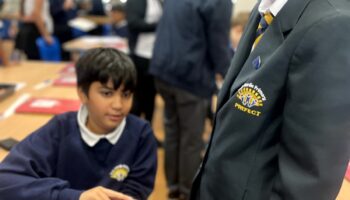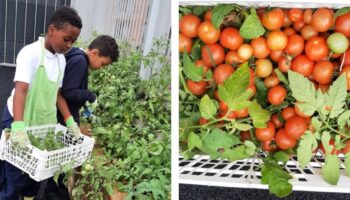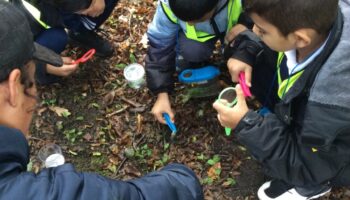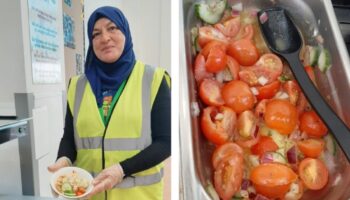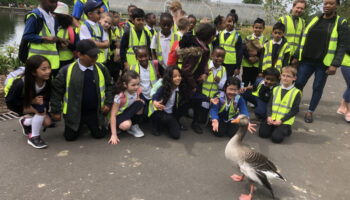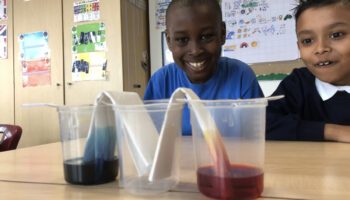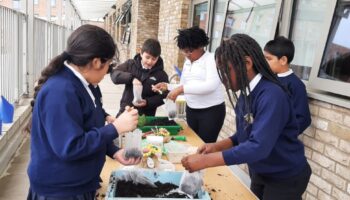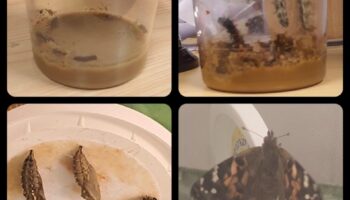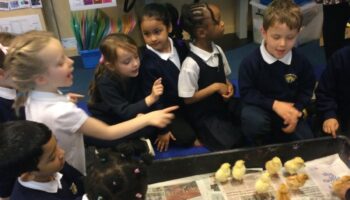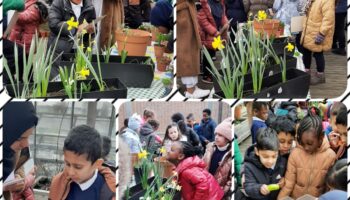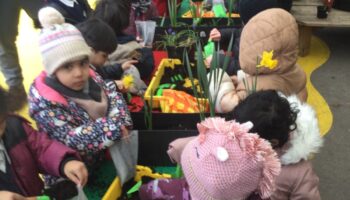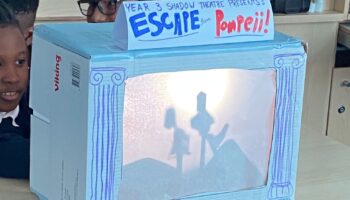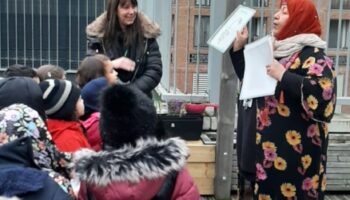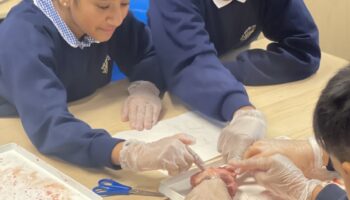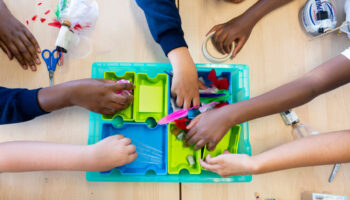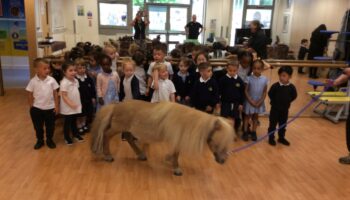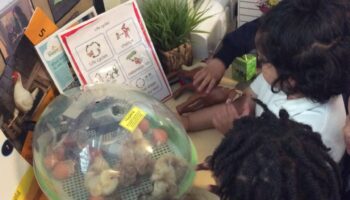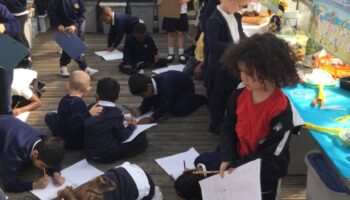Intent
- Our curriculum is designed to be spiral: revisiting certain topics periodically and progressively, and building upon what children have already understood in previous years.
- Throughout the curriculum, children’s learning is supported by links to other subjects and plentiful opportunities for reading related to each topic.
- Above all else, we aim to promote curiosity in children, ensuring that all children, including those who come from disadvantaged backgrounds or who have SEND, are able to access our curriculum and achieve.
- Science lessons are carefully sequenced to reveal the interplay between substantive and disciplinary knowledge. Our science curriculum is organised to ensure all pupils learn extensive and connected knowledge of substantive concepts.
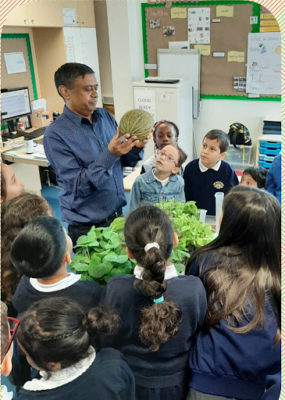
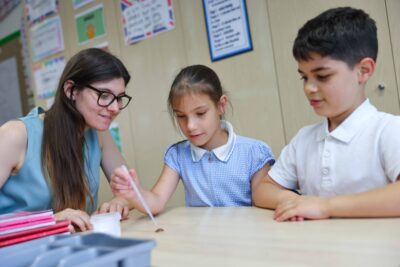
Implementation
- Our Science Curriculum is based on the National Curriculum and has been designed by a Science Leader of ten years experience, with the support of established experts in science education such as the Association for Science Education, the Primary Science Teaching Trust, The National STEM Centre, Institute of Education and the Primary Science Education Consultancy.
- It is taught regularly throughout the year, in a sequenced and progressive curriculum, and in line with recommendations is given a minimum of two hours of lesson time each week, reflecting its status as a core subject.
- Children identified as struggling to meet the standards explicit in our Progression of Skills and Knowledge document are given targeted support to achieve those standards, whereas children who achieve the standards are guided to deepen their understanding via supportive questioning, extension activities or enrichment opportunities such as our STEM clubs and further research.
Impact
- Pupils enjoy and value their science lessons. A significant majority of our pupils achieve the national standard in all substantive and disciplinary areas of the National Curriculum for Science at Primary Level.
- Children in EYFS transition to Year 1 with a wide range of vocabulary to describe natural and man-made phenomena around them. They arrive in Key Stage 1 having had extensive opportunities to play with and explore a range of different materials, plants, animals and seasonal conditions, and have developed a sense of curiosity, respect and affection for the natural world. Pupils leaving the school at the end of Year 6 are ready for Key Stage 3, and have
linked science to other areas of the curriculum such as maths, English, PSHE and History. - Through this, children are prepared for life as independent, confident and thoughtful members of society, able to look after their own wellbeing and that of others.
